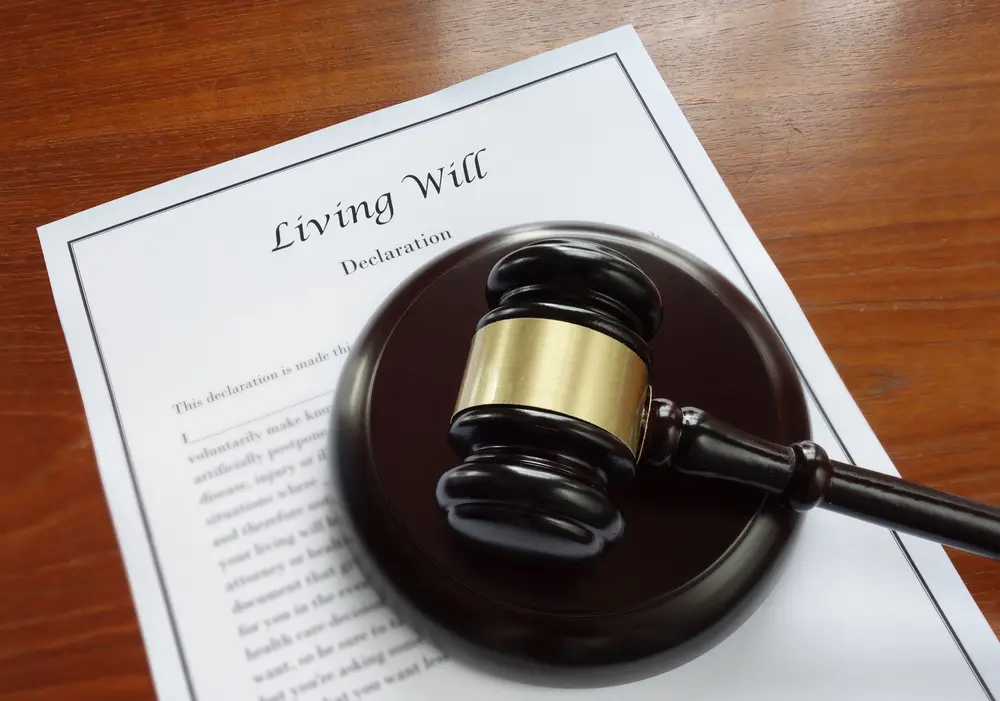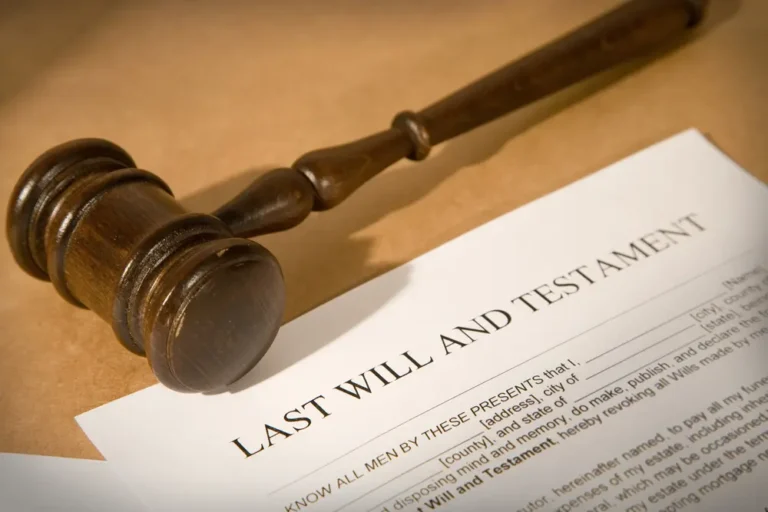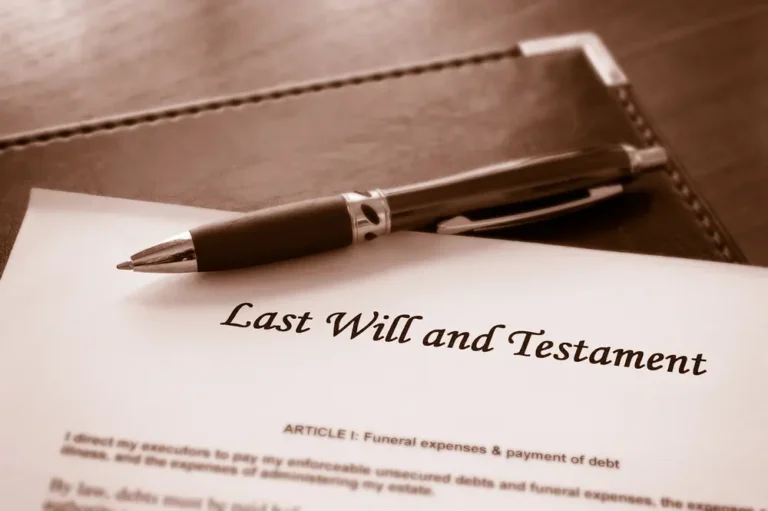How Do I Contest a Will?~3 min read

Contesting a will involves overcoming challenging legal burdens and difficult and long-standing family discord. The law limits who can contest the will and the circumstances under which the will can be deemed invalid. At Springer & Lyle, we understand these emotional difficulties and work with you to be sure contesting the will is in your best interest.
Only an “Interested Person” Can Contest a Will
According to Texas law, only an interested person may contest the terms of the will. An interested person is generally one who is an heir, spouse, creditor, or anyone who has a “pecuniary interest” in the outcome of the probate of a will. The burden is on the one contesting the will to prove that he or she is an interested person. You may be an interested person simply because you were named in a previous will, but not in the one submitted to probate.
Some wills have a clause saying that anyone who files a will contest automatically be barred from collecting anything under the will. These clauses are legal in Texas, but often not upheld if you have an experienced probate attorney working for you who knows how to challenge a “no contest” clause.
Grounds for Contesting a Will
Reasons recognized by Texas law for contesting a will include:
- The testator revoked the will.
- The testator lacked the mental capacity to make the will and sign it.
- There was undue influence on the testator.
- The will was obtained by fraud.
- The testator made a mistake.
The burden is on the person contesting the will to prove by a preponderance of the evidence that the will is invalid.
Time Limit on Contesting a Will
A petition contesting a will must be filed within two years of the date the will was submitted to probate. If the contest is brought alleging there was fraud, the petition must be filed within two years of the date the fraud was discovered.
If the contest is successful, the court will deem the will invalid. It will then look to see if there is a prior valid will. If no valid will exists, the court will rule the decedent died without a valid will and distribute the assets the same as if the person had died intestate, which means he or she died without leaving a will.
Attorney Aubry Dameron at Springer & Lyle can answer questions concerning contesting a will and guide you through the process. Contact her at 940-387-0404 to schedule your appointment for a probate consultation.








